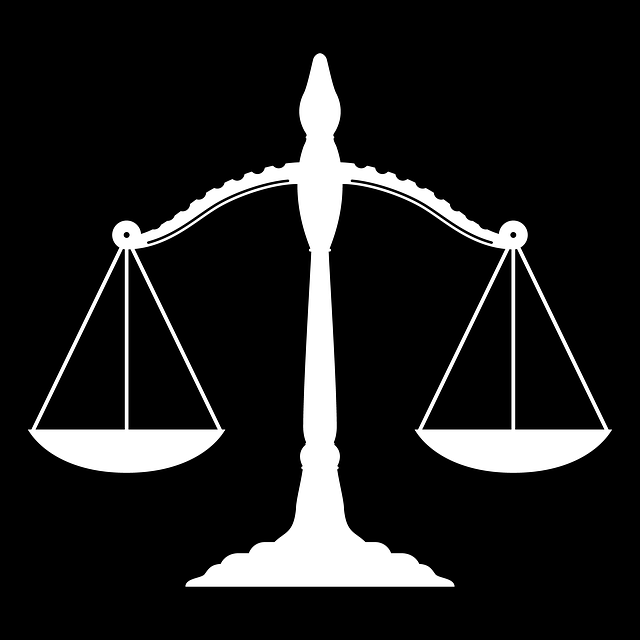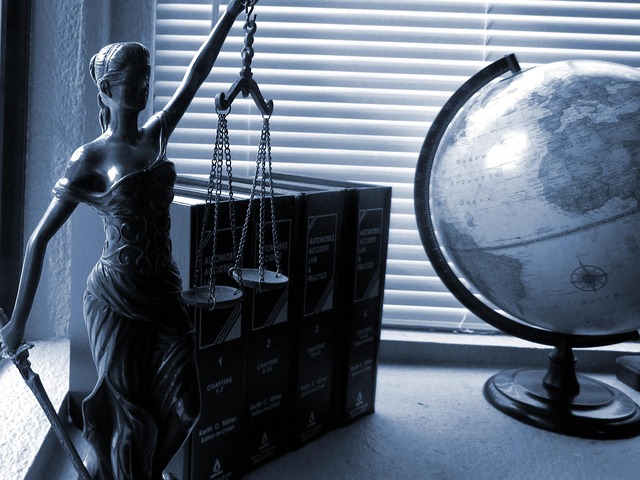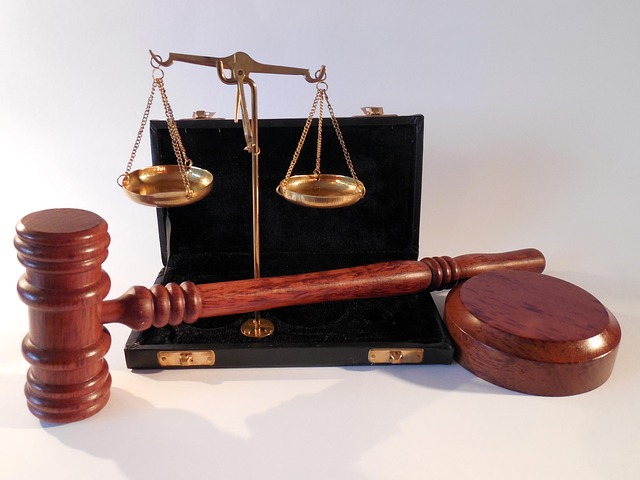Consumer Protection Laws (CPLs) are essential for safeguarding individuals in financial transactions with businesses, especially in financial services, ensuring fairness, transparency, and accountability. "Navigating Financial Services Regulation in Court" highlights the CPL's extensive reach, covering advertising, sales, billing, and debt collection practices. Legal experts play a crucial role in consumer protection suits, guiding clients through complex regulations to preserve business integrity and foster trust. To win such cases, plaintiffs must prove unfair or misleading practices by financial institutions, using compelling evidence and strategic narratives. These suits can have significant impacts on business operations, deterring misconduct and promoting industry-wide compliance for safer financial services.
Consumer protection suits play a vital role in ensuring businesses uphold ethical standards, safeguarding individuals from deceptive practices. This article delves into the intricacies of consumer protection laws and their reach, guiding readers through common grounds for filing, from false advertising to unfair pricing. Legal experts navigate these complex cases, assisting consumers in proving key elements essential for success. Understanding potential outcomes and resolutions, including damages and injunctions, is crucial when navigating financial services regulation in court.
- Understanding Consumer Protection Laws and Their Reach
- Common Grounds for Filing a Consumer Protection Suit
- The Role of Legal Experts in Navigating These Cases
- Key Elements to Prove in a Consumer Protection Claim
- Potential Outcomes and Resolutions in Consumer Protection Suits
Understanding Consumer Protection Laws and Their Reach

Consumer Protection Laws (CPLs) are a crucial framework designed to safeguard individuals in their interactions with businesses, especially within the realm of financial services. These laws aim to ensure fairness, transparency, and accountability in various transactions, from credit agreements to investment opportunities. Navigating Financial Services Regulation in Court involves understanding the extensive reach of CPLs that cover a wide array of practices, including advertising, sales, billing, and debt collection.
By studying these laws, consumers can better protect their rights and businesses can ensure they adhere to the respective business standards. The ultimate goal is to foster an environment where businesses achieve extraordinary results while consumers are equipped with the knowledge to navigate their financial decisions with confidence, leading to a complete dismissal of all charges in cases where violations do occur.
Common Grounds for Filing a Consumer Protection Suit

When considering whether to file a consumer protection suit, understanding common grounds for such actions is essential. These cases often arise from alleged violations of laws designed to safeguard consumers from unfair, deceptive, or fraudulent practices in various sectors, including financial services. Navigating Financial Services Regulation in Court involves recognizing instances where businesses have engaged in misconduct, such as misrepresenting product information, failing to disclose material facts, or engaging in unfair billing practices.
Consumer protection lawsuits may be initiated when individuals believe they have been wronged by entities operating within the scope of these regulations. This can include situations involving general criminal defense strategies, as consumers seek redress for losses incurred due to business misconduct. Additionally, philanthropic and political communities often play a role in shaping consumer protection laws, ensuring that businesses operate ethically and transparently, thereby avoiding indictment for crimes against consumers.
The Role of Legal Experts in Navigating These Cases

When it comes to consumer protection suits, the role of legal experts is paramount. These professionals are well-versed in navigating complex financial services regulations, a crucial aspect when presenting cases in court. With intricate knowledge of laws and policies related to banking, lending, and data privacy, they guide clients through high-stakes cases, ensuring their rights are protected.
Legal experts play a pivotal role in avoiding indictment by meticulously scrutinizing evidence, crafting persuasive arguments, and leveraging their understanding of both legal and regulatory frameworks. Their expertise in this domain is invaluable, especially when representing individuals or organizations against powerful entities. By strategically guiding clients through the legal labyrinth, these professionals can help resolve issues amicably, thereby minimizing potential damage to businesses and maintaining the trust of the philanthropic and political communities.
Key Elements to Prove in a Consumer Protection Claim

Navigating Financial Services Regulation in Court requires a deep understanding of key elements that must be proven to establish a robust consumer protection claim. To succeed, plaintiffs must demonstrate that there was an unfair, deceptive, or misleading practice on the part of the defendant financial institution or service provider. This often involves showcasing how the respective business failed to adhere to industry standards or relevant laws designed to protect consumers.
Evidence is paramount; it should include clear documentation, records, and testimonies that highlight the extent of any harm suffered by the consumer. An unprecedented track record of winning challenging defense verdicts can be a significant advantage in such cases. By presenting a compelling narrative, strong evidence, and expert testimony, plaintiffs can navigate complex legal landscapes and secure favorable outcomes, ensuring justice for consumers whose rights have been violated.
Potential Outcomes and Resolutions in Consumer Protection Suits

Consumer Protection Suits often lead to significant outcomes that can reshape businesses’ practices and protect consumers on a larger scale. When navigating Financial Services Regulation in Court, companies must be prepared for various resolutions. One potential result is substantial financial compensation for affected consumers, which can serve as a powerful deterrent for future violations. These suits may also trigger systemic changes, leading to more robust internal controls and enhanced corporate governance within the organization.
In cases involving white-collar offenses, achieving extraordinary results requires strategic legal advocacy. Throughout all stages of the investigative and enforcement process, skilled attorneys play a crucial role in defending against allegations while ensuring fair outcomes. By employing creative litigation strategies, successful resolutions can be reached that not only protect consumers but also foster a culture of compliance within the industry, ultimately leading to safer financial services practices.
Consumer protection suits play a pivotal role in ensuring businesses uphold ethical standards and provide fair treatment to consumers. By understanding the grounds for legal action, engaging experienced legal experts, and presenting strong evidence, individuals can navigate these cases effectively. This process not only protects their rights but also contributes to a more transparent and regulated market, especially within the realm of financial services. As seen in navigating financial services regulation in court, consumer protection laws are designed to resolve disputes and offer resolutions that benefit both parties, fostering a fair and equitable environment for all.






